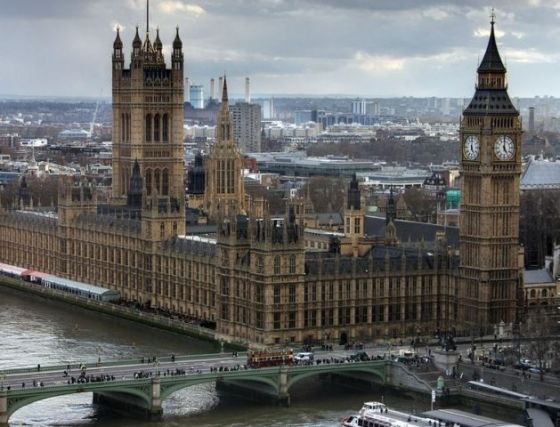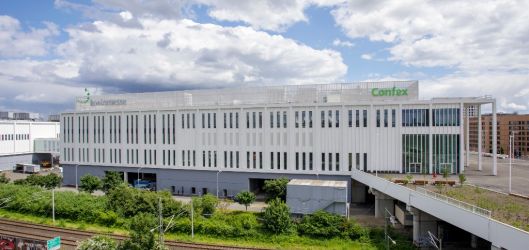
Today's Autumn Budget announcement (Wednesday 22 November) is expected to include commitments to build 300,000 new homes a year in the UK.
Chancellor Phillip Hammond told the BBC that measures will be put in place to speed up developments where planning permission has been granted to help small building firms, but warned he did not plan to "pour money in" to boost the housing supply.
Other measures, including cleaning up polluted industrial sites and leaning on councils to allocate small areas of land to small developers will also be put in place to help house building in England, which is widely acknowledged as being insufficient.
Construction backdrop
With the fortunes of tool and fastener businesses entwined with the construction market, the Chancellor's promises to boost house building will doubtless be welcomed.
The Budget comes at a time when construction appears to be growing against a backdrop of price rises in the UK. According to the CPA's Construction Trade Survey, the industry has actually seen growth for 18 quarters, although weak orders are ahead. The report found that the weak pound has seen 92% of main contractors, 85% of heavy side manufacturers and all light side manufacturers report a rise in raw material costs in Q3.
The Office of National Statistics (ONS) painted a more glum picture for construction, finding a fall in output by 0.9% in the quarter, although output is reportedly at a relatively high level.
"The Chancellor needs to fund vital housing and infrastructure investments"
Ahead of the Budget, the Royal Institute of Chartered Surveyors (RICS) called for the Chancellor to take urgent action to ensure the delivery of affordable homes and fill funding gaps for vital infrastructure.
RICS Parliamentary Affairs Manager Lewis Johnston said: "When the Chancellor stands up announce his Budget it will be in the midst of a world dominated by Brexit. Concern over leaving the EU is already affecting our professionals and the built environment. The Chancellor needs to support core areas of the UK that are fundamental to our future success within the built environment.
"1. Commit to infrastructure investment: The UK’s fiscal policy of reduced public spending has meant areas of the UK have been dependent on European investment for the delivery of critical infrastructure.
"Business investment decisions, economic growth, jobs, productivity and life chance, are all dependent on inter-connected infrastructure sectors - especially road, rail and digital connectivity. The loss of those EU funding streams could act as a significant barrier to the Government’s plans for a deliverable industrial strategy and to rebalance the UK economy.
"As such we call on government to commit to introducing a dedicated Infrastructure Investment Bank, based on the model of the Green Investment Bank, to plug the gap created from a potential loss of the European Investment Bank (EIB). Potential loss of EIB funds for UK infrastructure could result in shovel ready energy and transport projects being stalled.
"2. Boost the UK's 'broken' housing market: The Government has accepted the need to get councils building again as part of the supply mix, but as the continuing housing crisis signals they need to go much further in aiding the delivery of this...the Government should now lift the Housing Borrowing Cap to support all councils not a select few. The last time the UK managed to build 250,000 homes a year was in 1978 – when councils built 44% of all new homes.
"The increased freedom given to councils to build through easier borrowing would enable them to contribute to the target set out in the Housing White Paper – which the Government itself said was to address the ‘broken’ sector.
"3. Tackle the skills gap: Professionals responding to the RICS Construction and Infrastructure Market Survey, Q3 2017, have reported that the intensification of labour shortages is biting once more with 62% of contributors citing this as an impediment to growth.
"Our figures also revealed earlier this year that the UK construction industry could lose more than 175,000 EU workers should we lose access to the single market. In addition to this, the government’s educations and skills provision is not producing the numbers of home-grown skilled workers we need.
"Therefore, we call on the government to develop and communicate a credible plan to retain vital non-UK workers, and avoid the outflow of experience, with an immigration policy that addresses this issue. Government must recognise their importance to the UK’s ambitions or risk exacerbating the challenges we already face.
"We also call for the introduction of tax breaks and financial incentives to help firms increase skills in areas and industries of low productivity, to broaden workforce development programmes, and to help upskill the current workforce." There's more from the RICS here.



